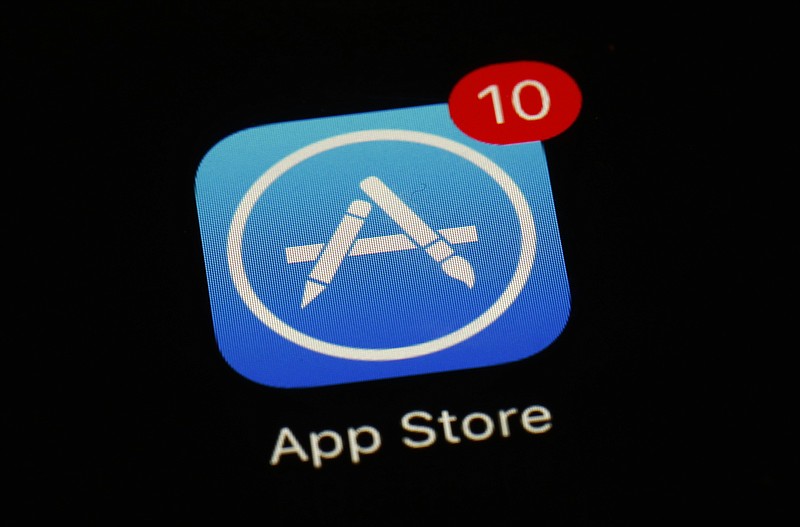SAN FRANCISCO (AP) — Last year, every time someone paid $11 for Netflix through an iPhone app, Apple pocketed as much as $3.30. Multiply that by every charge made through iPhone apps and you can see why Netflix and other companies are fed up about what they consider Apple’s unfair market power.
Late last year, Netflix rebelled against Apple’s fees, which can range from 15-30 percent. Analysts fear other companies may follow. And attorneys representing consumers in a pending Supreme Court case charge that Apple is an unfair monopolist in the market for iPhone apps. An adverse decision in that case could open a legal door that might eventually force Apple to cut its generous commissions.
That could spell more bad news for Apple, which is already reeling from a slump in iPhone sales that has knocked down its shares by 25 percent. The company has been positioning its booming digital-services business as its new profit engine. That plan could hit a snag if the app store takes a hit, since it currently generates about a third of the company’s services revenue.
Investors are now hanging onto Apple services as a “life preserver in the choppy seas” just as it’s about to float away, Macquarie Securities analyst Benjamin Schachter concluded after the Netflix move.
These app-store fees mostly hit app developers themselves, although some pass along the costs to users of their iPhone apps. Spotify, for instance, used to tack $3 onto the cost of its $10-a-month paid service — but only for users who signed up via its iPhone or iPad app.
Apple has doubled down on digital services as consumers cling to older iPhone models, hurting sales. Apple’s iPhone revenue this year is expected to drop by 15 percent from last year $141 billion, according to analysts surveyed by FactSet.
Services, by contrast, are expected to generate approximately $46 billion in revenue this year, according to the same survey. Schachter estimated the app store will account for $16 billion of the services revenue. By those estimates, services and app store revenue will have doubled in just three years.
Apple didn’t respond to the AP’s inquiries about its app fees. It has previously defended the system as reasonable compensation for reviewing all apps and ensuring its store remains a safe and secure place for e-commerce. Google charges similar fees in its own app store, although its overall business isn’t as dependent on them.
Besides the app fees, Apple’s services division includes revenue from its Apple Music streaming service, iCloud storage, Apple Care, Apple Pay and ad commissions that Google pays to be the iPhone’s built-in search engine. Apple is also expected to roll out its own streaming-video service this spring, although few details are available.

